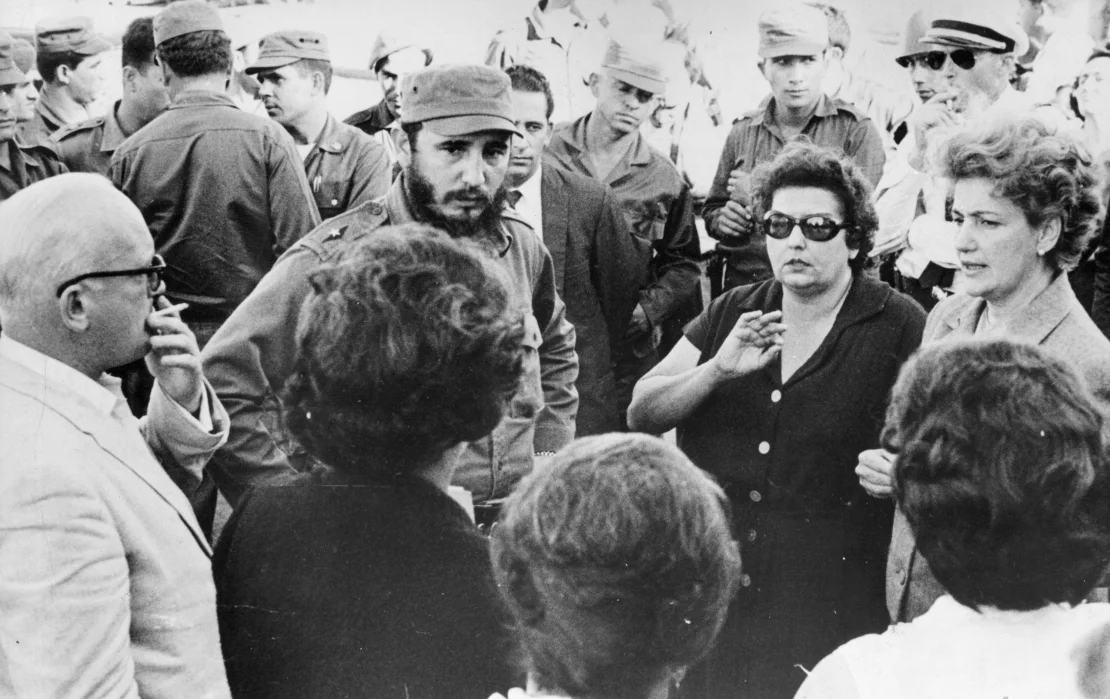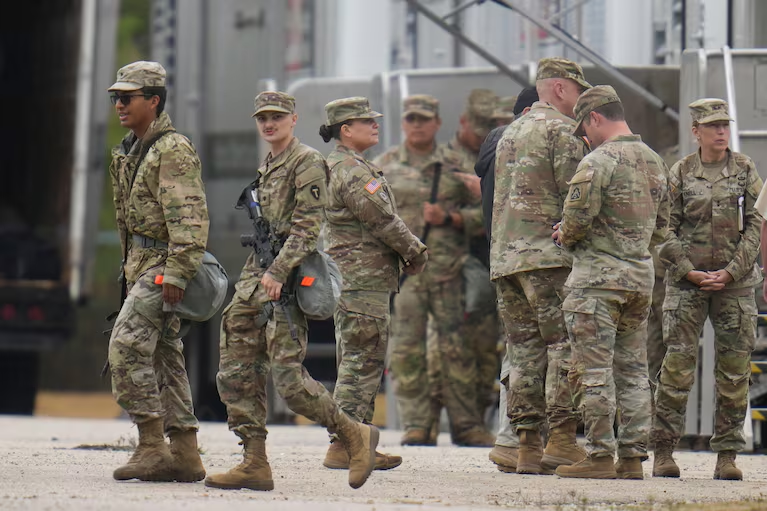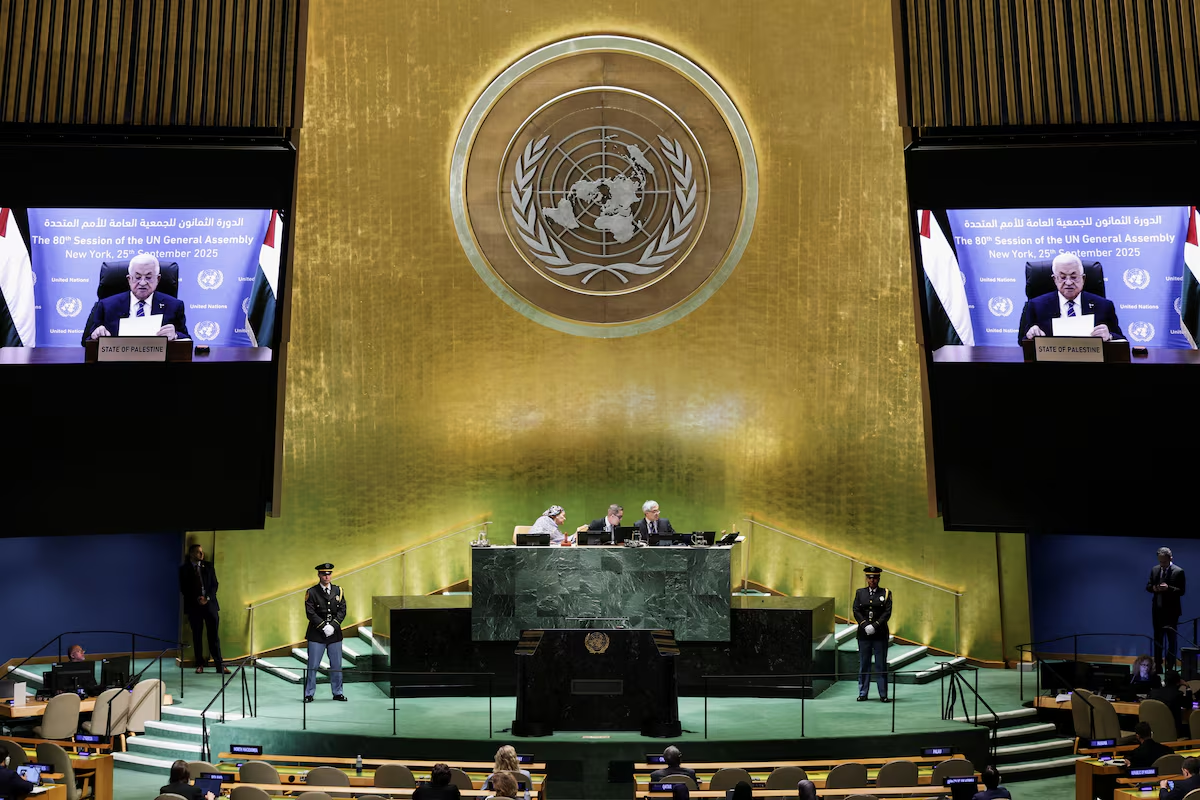Immigration from Latin America has been a present topic in U.S. politics for a long time now, especially among conservatives. There has been significant fearmongering about the “threat” immigrants — especially undocumented immigrants — pose to people’s lives, job security, or the culture of the country.
These problems are overblown, and it’s worth knowing why people would cross the border, through deserts and with the help of smugglers. The important lesson is, to some extent, the poor conditions that lead people to flee their home countries have been affected by the United States’ actions in Latin America.
The U.S. has a long history of involvement in coups and civil wars of Latin American countries, such as the U.S.-backed Bay of Pigs invasion of Cuba. This coup attempted to overthrow Fidel Castro in 1961 after Cuban revolutionaries overthrew the U.S.-backed dictatorship in Cuba.
In 1964, the U.S. helped a coup against the Leftist president of Brazil, Joao Goulart, which led to a military dictatorship controlling the country until the 1980s.
A year later, the U.S. would intervene in the Dominican Republic’s civil war. In the early 1970s, the U.S.’s effort to create the conditions for a coup in Chile led to the overthrow of Chilean President Salvador Allende. He was replaced with a military dictatorship that killed, imprisoned and disappeared Leftists, journalists and any anti-government elements in the thousands.
In the 1980s, the Reagan administration supported the Contra forces in Nicaragua, who were an anti-communist group fighting the Sandinista government. In 1983, the U.S. invaded Grenada because it accused the government there of being allied to Cuba.
These examples of the U.S.’s involvement in Latin America are important because these were all examples of the U.S. working in its own interest and against the interest of most people in these countries. Most of these governments and leaders who were overthrown did some work to improve the standard of living for people in their countries through welfare and land reform, but the U.S.-backed governments often did little in the ways of welfare or social rights for their people.
The effects on stability and people’s lives from these conflicts were immense, and they would play a role in the amount of immigration and undocumented migration from Latin America into the U.S.
The instability caused by U.S. intervention in Latin America, along with the overthrowing of leaders and governments who were attempting to increase social welfare programs, has led to a much lower standard of living that has driven many to leave their home countries. Illegal drugs coming across the border has also been an ever-discussed topic, and the drug trade has been exacerbated by low standards of living that have been the result of U.S. intervention.
There has also been the issue of the U.S.’s willingness to take in refugees from countries they have supported versus ones they oppose. The U.S. has been much less willing to accept the claims of refugee status from people fleeing countries it has backed compared to countries it has opposed, such as Cuba.









